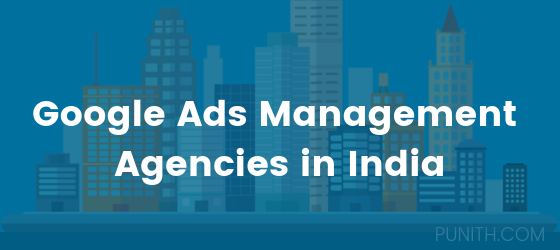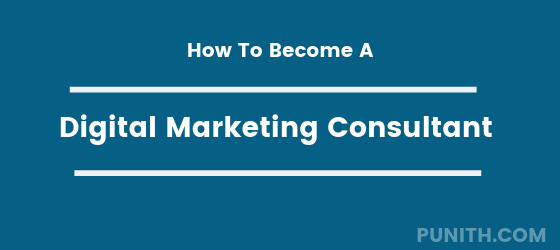With embedded video becoming nearly ubiquitous on websites, the old standby static banner is losing steam. Rich media ads are the new standard in internet advertising design. These ads feature movement, animation, and sometimes interaction, as well as bold graphic design. Advertisements using rich media are all over the web, but you don’t have to be a professional designer to publish your own.
Why Use Rich Media?
While rich media web banner design can be used in any advertising campaign, it is most often used to call attention to specific events or highlight significant changes, improvements, or additions to existing product lines.
In fact the most common uses of interactive rich media advertising are
- Building “Buzz” – Because rich media attracts attention, it is excellent for generating interest in your product or service, or in making your company known.
- Launching Products – Rich media ads are an excellent method of introducing new products. Imagine having a real-time countdown, or a gradual unveiling.
- Promote Events – Interactive rich media advertising is perfect for promoting events, especially if combined with a registration form, or video clip from a conference or symposium.
Common Attention-Getting Techniques
While rich media ads can include video and audio components, sometimes small pieces of animation are enough to catch customers’ attention. Popular attention-getters are:
- Page Peel. Especially useful when you want your message to be promoted with a print-related ad type, this kind of ad is designed to look like the top right corner of a website has been dog-eared, like a magazine page about to be turned. There is generally also a small animation to attract attention. When the user mouses over the corner, the rest of the advertisement is revealed.
- Floating Ad. This is an animated ad which floats over the page, until it locks into a standard position. Can be closed and reopened by the user.
- Expandable Banners are just a variation of traditional web banner design. At first glance, they look just like a normal banner ad, but they expand on mouse-over, to reveal your rich media ad, including any animation.
Software
Once you know which types of rich media ads you want to use , you have two options in getting them published. You can hire an advertising agency or graphic designer to create the ads for you, or you can do your own advertising design, using one of many software programs that are available for such things.
While simple web banner design only requires the most basic of graphics manipulation, interactive rich media advertising requires higher end software. Because a common component of rich media ads is flash, web banner design will be easiest with a flash-compatible program.
Adobe Photoshop
Adobe’s Photoshop program has become the industry standard for photographic manipulation and graphic design, because of it’s scalability and relative ease of use. It is so popular that it has actually become a verb, as in, “Is that a real picture, or did you photoshop it?” Since Adobe now owns Flash (formerly Macromedia Flash), the leading desktop animation software, it should be no surprise that the two programs are completely compatible.
One of the advantages of using Adobe products for flash banner design is that it’s extremely easy to create click-throughs, or clickable elements. Basically, all you have to do is insert a new element, choose “button” as a behavior type, and then associate a graphic image and a destination, or landing site, for the button.
The other advantage of Flash is that something like 94% of all users can view flash presentations without having to download special software. That kind of cross-platform compatibility is difficult to beat.>
Software Solution for Advertising Designs
While Adobe is the most popular software solution for advertising design, it is not the only solution. Options include EyeWonder’s online or downloadable design suite, which also comes with access to professional designers (for a price, of course), SonicFoundry’s rich media webcasting suite MediaSite, and ReflectNet and ReflectWeb from Reflect Systems, which can do everything from basic banners to full webcasts.
While these software suites are an alternative to Photoshop, and come with extensive online guidance and templates, EyeWonder, at least, incorporates flash elements into its design.
Guidelines
No matter the software chosen, there are specific guidelines monitored by the Interactive Advertising Bureau (IAB). Just as there are specific sizes for static web banners, rich media ads must also conform to specific file sizes and must have specific tags associated with them.
The files sizes range from 5KB for in-page ads to 30 or 40 KB for over-the-page or between-the-pages ads. As well, there is a maximum animation length of 15 seconds (30 for between-page ads), and files must be labeled “advertisement.”
Detailed guidelines, broken out by each size ad, are available in a pdf document on the IAB’s website at iab.net.
As early as 1999, Microsoft was claiming that advertising design would be dominated by flash other rich media and created an entire department just to handle what they call “real media.” Today, rich media ads make up the bulk of online advertising, whether they are simple animated banners, or images floating over a website. With user-friendly design software, you too can publish rich media ads for your business.



![All You Need To Know About AMP [Accelerated Mobile Pages]](https://www.punith.com/wp-content/uploads/2018/08/amp.jpg)
With my experience hiring agency to design rich media kits are not cost effective nowadays
Thanks for sharing your experience Brittany